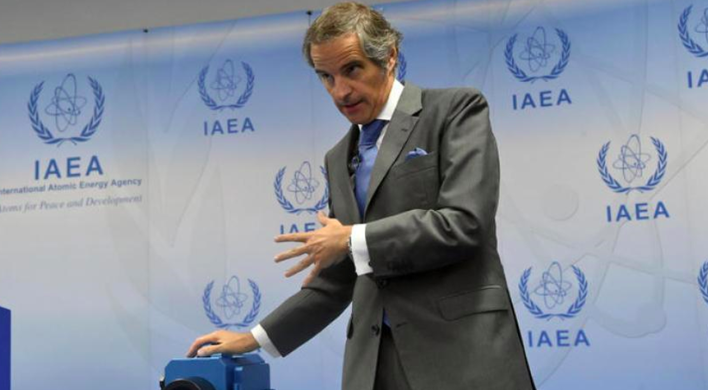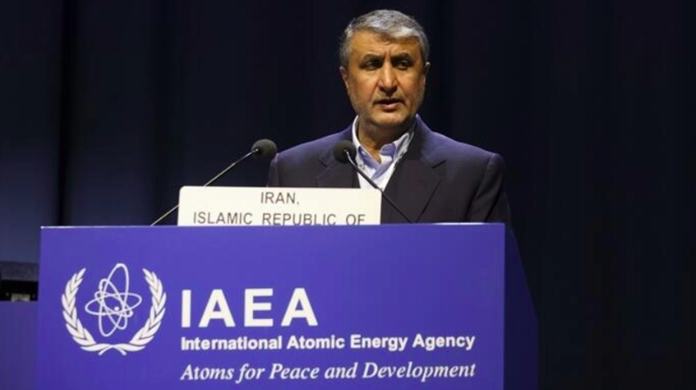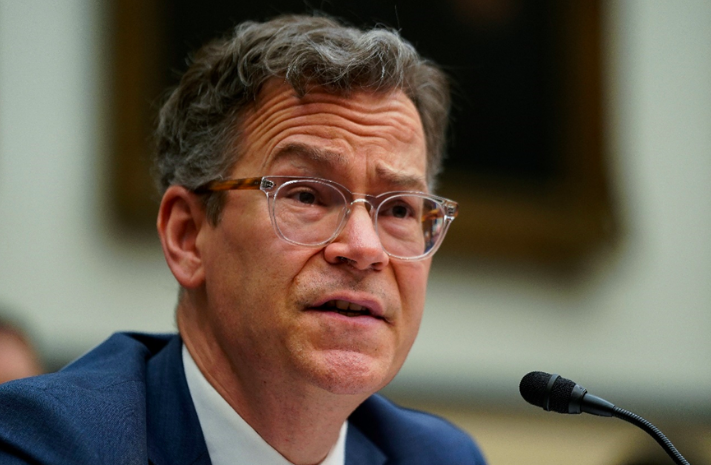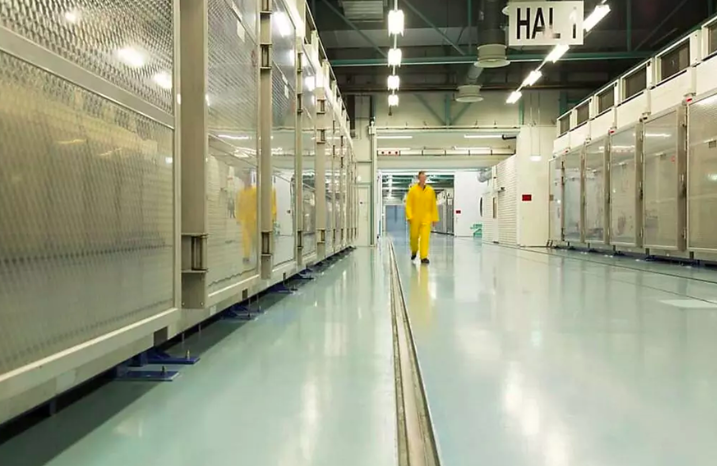The International Atomic Energy Organization (IAEA), the UN nuclear watchdog, announced emergency negotiations with Iran after finding uranium particles enriched to 83.7% purity at its Fordow nuclear plant.
“On January 22, 2023, the agency took environmental samples…at the Fordow Fuel Enrichment Plant (FFEP), the analytical results of which showed this week the presence of highly enriched uranium particles containing up to 83.7% U-235,” the IAEA report asserts.
“These events clearly indicate the agency’s ability to detect and report changes in the operation of nuclear facilities in Iran promptly,” it continued.

Despite Iran’s insistence that enrichment is for peaceful purposes, such as energy production, nuclear reactors require at most no more than 20% enrichment, while the atomic bomb requires enrichment of around 90%.
According to IAEA sources, the agency has found the traces at the Fordow Fuel Enrichment Plant, where Iran was known to be enriching uranium to 60% purity.
While spikes in enrichment levels can occur, and this could have been accidental, this spike of 83.7% enriched uranium is significantly large and cannot occur anomalously.
The traces were found in the product of the two interconnected cascades of advanced centrifuges at Fordow, enrichers that should be enriching to at most 60%.
The IAEA reprimanded Iran in an earlier report for making substantial changes to those cascades without informing it.
“Concerning the origin of particles enriched above 60% U-235, identified after implementing the new cascade configuration at FFEP, discussions with Iran are still ongoing,” the IAEA confidential report said.

“Iran informed the Agency that ‘unintended fluctuations in enrichment levels may have occurred during the transition period at the time of start-up of the [60%] product process or upon replacement of the feed cylinder,'” he added.
Still, the IAEA did not accept this explanation and asserted that the peak at 83.7% does not fit into any statistical scheme.
For his part, Atomic Energy Organization of Iran spokesman Behrouz Kamalvandi said that only two or three small particles with an enrichment above 84% had been detected at the Fordow site, which would be normal.
“If we wanted to do enrichment above 60%, we would say so publicly,” he added.
“The presence of a uranium particle or particles above 60% in the enrichment process does not mean enrichment above 60%,” Behruz Kamalvandi added.
Due to the lack of trust between the two sides, the IAEA noted in its report that its recommendation is to “further increase the frequency and intensity of the agency’s verification activities” at the nuclear power plant.
However, since February 2021, the UN agency has warned that its ability to monitor Iran’s nuclear program faces constant obstacles, and Fordow has concealed much of its progress.

As for the 83.7% enriched particles detected in Iran, Kelsey Davenport, an expert with the Arms Control Association, said that “even if it is accidental, it is no less worrisome” and “reveals that they are on the verge of producing the nuclear bomb.”
“This should be a wake-up call” for the international community, she said in a recent online briefing, calling on the United States and Iran to define a new strategy to defuse the crisis.
Iran could make enough fuel for a nuclear bomb in “about 12 days,” a senior U.S. Defense Department official said Tuesday. Under Secretary of Defense for Policy, Colin Kahl commented at a House hearing when asked by a Republican lawmaker why the Biden administration had sought to revive the nuclear deal called the Joint Comprehensive Plan of Action (JCPOA).
“Iran’s nuclear progress since we left the JCPOA has been remarkable. In 2018, when the previous administration decided to leave the JCPOA, it would have taken Iran about 12 months to produce a bomb’s worth of fissile material. It would take about 12 days,” Kahl, the Defense Department’s third-ranking official, told lawmakers.
“And, I think there’s still a view that if you could solve this problem diplomatically and put restrictions back on their nuclear program, it’s better than the other options. But right now, the JCPOA is frozen,” Kahl added.
The IAEA report also noted that Iran’s stockpile of uranium enriched to 60%, produced at two sites, had grown by 25.2 kg to 87.5 kg since the last quarterly report. Total stocks of uranium enriched to lower levels are estimated at 3,760.8 kg.

According to IAEA terminology, about 42 kg of uranium enriched to 60% purity is a “significant quantity,” defined as “the approximate amount of nuclear material for which the possibility of making a nuclear explosive device cannot be excluded.”
However, a senior diplomat warned that, in practice, more than 55 kg of 60% enriched uranium would be needed to make a bomb because some of the material is wasted during enrichment.
The IAEA report comes as the head of the UN nuclear watchdog, Argentine Rafael Grossi, is expected to visit Tehran “in the coming days” following an official invitation from the Atomic Energy Organization of Iran.
“In the past few days, we have had constructive and promising discussions” with the IAEA delegation already in Iran to investigate doubts about its nuclear program, Kamalvandi said Monday.
“It is hoped that this trip will form the basis for further cooperation and a clearer horizon between Iran and the IAEA,” he added. Iran denies it is seeking nuclear weapons and says it only wants to master nuclear technology for civilian uses.

With information from Derecha Diario

